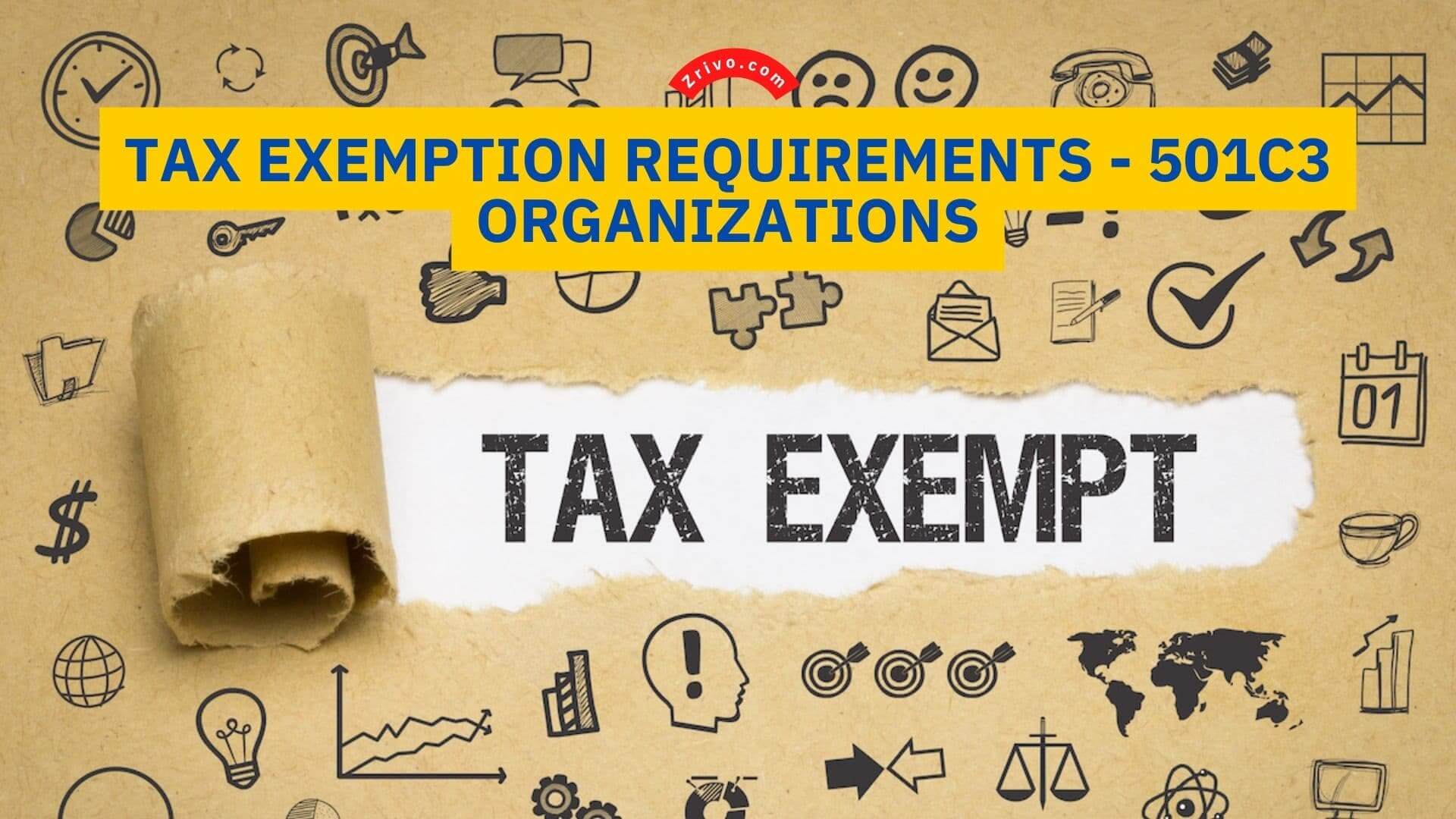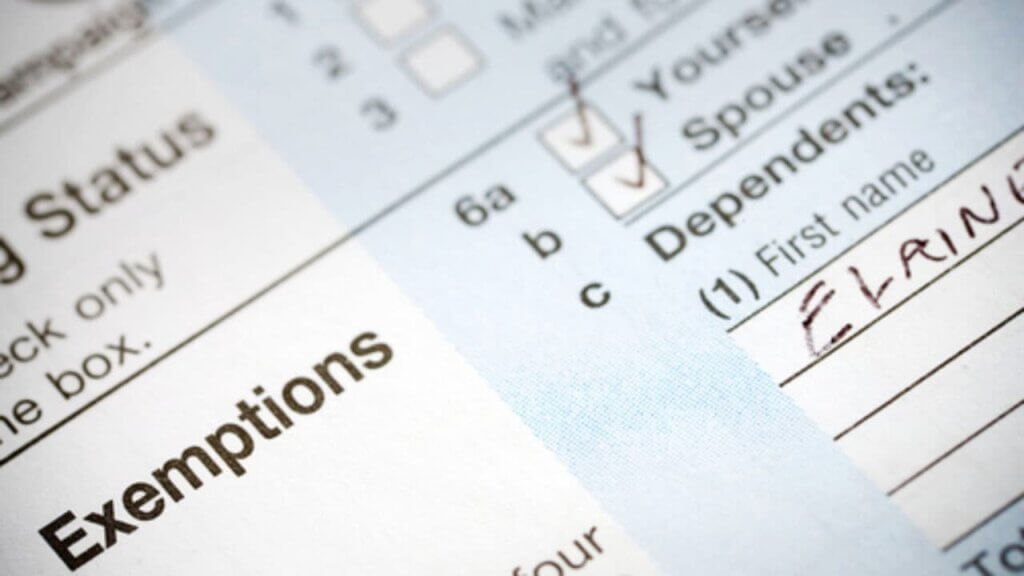
The IRS has detailed information about how organizations can qualify for federal tax exemption status. In addition to the tax-exempt status, organizations are also eligible to receive tax-deductible contributions. However, nonprofit organizations are not exempt from sales tax or use tax. In some states, they are also exempt from property taxes.
Generally speaking, organizations are tax-exempt under IRC Section 501(c)(3) if they are organized for purposes of charitable, religious, educational, scientific, literary, or other nonprofit purposes. They are also generally not permitted to participate in campaign activity for or against political candidates. They are also generally prohibited from engaging in inurement, including transferring property for less than fair market value and distributing net earnings to private shareholders.
How to Qualify for a Tax Exemption as a Nonprofit organization?
To qualify for a tax exemption, an organization must meet one of 25 subsections of Section 501(c) of the Internal Revenue Code. Most organizations qualify under one of these 25 subsections. Organizations that meet the specified requirements may also qualify for exemption under subsections other than 501(c)(3). These include public charities, such as churches, animal welfare agencies, and benevolent organizations. However, these organizations also need to obtain one-third of their revenues from public sources. These sources include companies, individuals, and other public charities.
Organizations must file an application with the IRS to qualify for a tax exemption. These organizations must also file an annual information return. If an organization has gross receipts of less than $5,500 per year, it does not need to file with the IRS. However, organizations with gross receipts over $5,000 must file an application for tax exemption. The form for this filing is Form 1023.
In addition to the application, organizations must also submit articles of incorporation and a financial statement. In addition to the filing, nonprofit organizations must follow certain rules regarding the use of their funds.

How Do You Start a 501c3?
Having a charitable organization can be a lot of work. Not only do you have to keep up with state and local regulations, but you also have to keep track of your finances in order to avoid being taxed.
A 501c3 nonprofit organization is just one of the many charitable entities you can choose from. You can choose from direct relief, foundations for educational purposes, and a number of other organizations. Choosing the right organization to partner with can make the difference between success and failure.
Starting a 501c3 nonprofit corporation can be a thousand times more complicated than starting a for-profit business. It is important to weigh the pros and cons before taking the plunge. Choosing a name is also important. Make sure it is unique enough to be recognizable, but also avoid random selection.
A good mission statement is a must. It should tell you what you are trying to accomplish and be vague enough to be expanded on in the future. The best way to do this is to hire a good Board. They will have the organizational know-how to get the nonprofit off the ground and be tasked with executing your nonprofit’s plans.
You may also be interested in taking a public charity test. This is a good way to determine if your nonprofit qualifies for tax exemption.